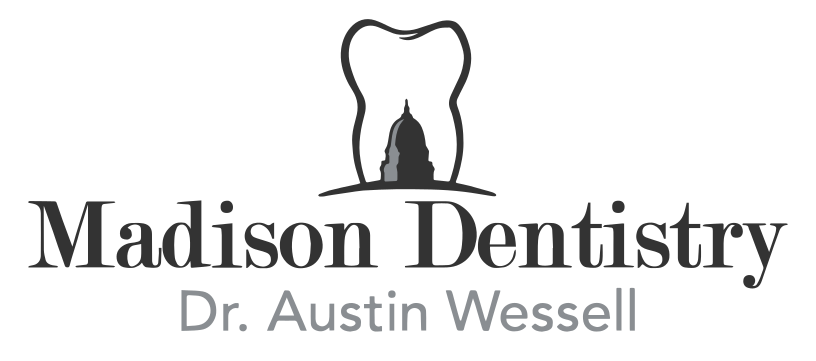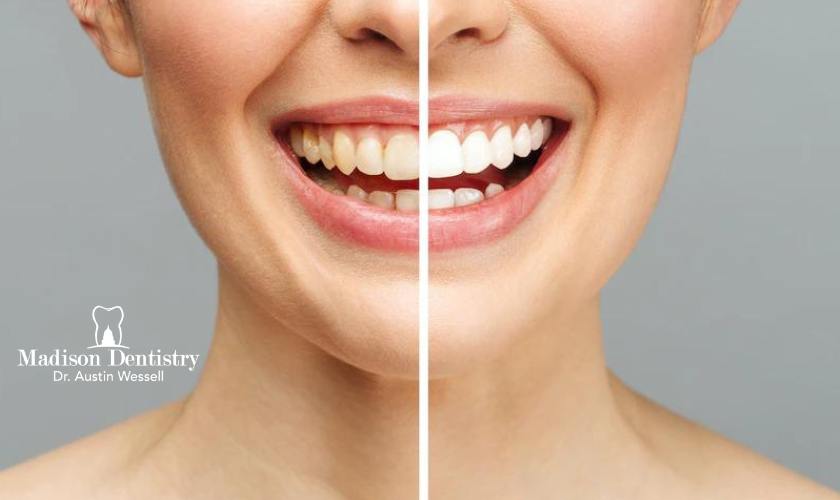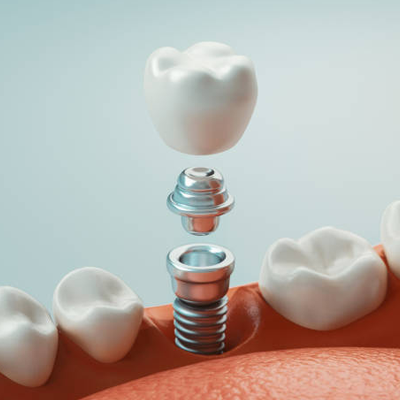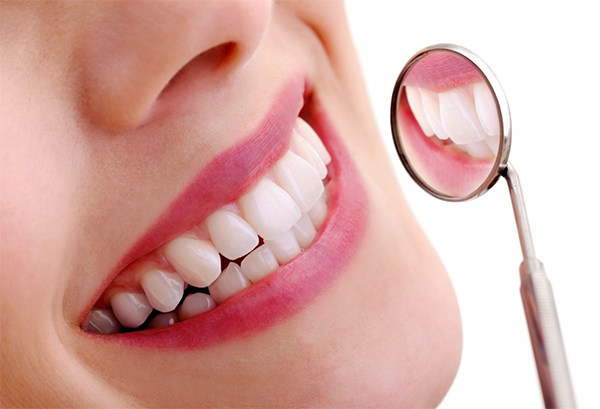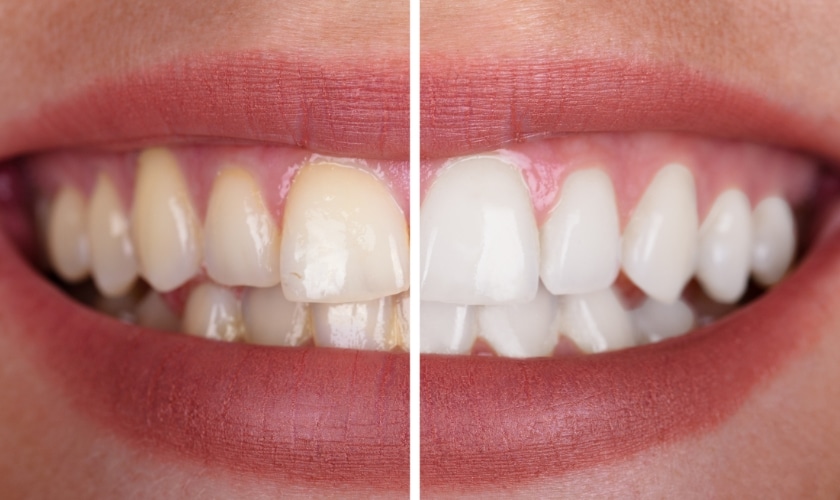
A bright, white smile is an attractive characteristic for many individuals. It not only increases self-esteem, but it also has a long-term impact on others. While there are various over-the-counter teeth whitening solutions available, many individuals prefer to go to their dentist for professional teeth whitening procedures. In this comprehensive lesson, we will look at the various teeth whitening treatments used by dentists, their benefits and drawbacks, and how to maintain your beautiful smile after whitening.
Professional In-Office Teeth Whitening:
One of the most frequent and effective tooth whitening methods offered from dentists is in-office whitening. This treatment includes immediately applying a high-concentration bleaching gel to the teeth.
Before using the gel, the dentist takes care to preserve the gums and fragile tissues. The whitening ingredient may also be activated using specialized light or laser technology, increasing its efficiency. The whole thing normally takes approximately an hour. There are various advantages to in-office whitening.
For starters, it provides instant benefits, with considerable whitening accomplished in only one session.
Second, the operation is performed under the guidance of a dental specialist, assuring optimal safety and efficacy.
However, keep in mind that in-office whitening may not be suitable for everyone, particularly those with sensitive teeth or certain dental problems. It is also more costly than other tooth-whitening options.
Take-Home Whitening Kits:
Dentists frequently provide take-home whitening kits to patients who wish to whiten their teeth in the comfort of their own homes. Custom-made trays and professional-grade whitening gel are frequently included in these packages. Patients are generally encouraged to wear the trays for a set amount of time each day for several weeks.
Take-home whitening kits are quite effective, allowing for progressive whitening over time. They provide patients more control over the whitening process by allowing them to alter the length and frequency of treatment according to their sensitivity levels and desired outcomes. While at-home whitening kits are often less expensive than in-office whitening, they do need more dedication and consistency to get the desired results.
Professional Whitening Products:
Dentists frequently prescribe professional whitening products for at-home usage. These products are comparable to those used in office treatments; however, their active component quantities may differ. Professional whitening treatments often contain ingredients such as hydrogen peroxide or carbamide peroxide, which assist in eliminating surface stains and lightening the shade of teeth. When choosing professional whitening products, examine aspects like active ingredient concentration, potential sensitivity difficulties, and compatibility with unique dental conditions. Dentists may advise patients on the best goods depending on their unique needs.
Post-Whitening Care And Maintenance:
Follow directions: For the best results and safety, carefully follow the directions supplied by your dentist after professional teeth whitening.
Good Oral Hygiene: Brush and floss your teeth on a regular basis to keep them clean and free of surface stains.
Avoid Staining Foods and Drinks: Limit your intake of staining foods and beverages such as coffee, tea, red wine, and berries.
Whitening Toothpaste: To keep your teeth dazzling, use a whitening toothpaste prescribed by your dentist.
Touch-Up Kits: Consider utilizing touch-up kits offered by your dentist to renew the whiteness of your teeth on a regular basis.
Regular Dental Cleanings: Schedule frequent dental cleanings to eliminate any accumulated plaque or tartar and guarantee your teeth remain healthy and brilliant.
Safeguard Your Teeth: Protect your teeth from discoloration by taking precautions if you partake in activities like smoking or excessive exposure to staining chemicals.
Address dental Sensitivity: If you have dental sensitivity after whitening, speak with your dentist about sensitive toothpaste or other solutions.
Avoid DIY Whitening solutions: Avoid using DIY whitening solutions without first contacting a dentist since they may be ineffective or even hazardous.
Maintain frequent Check-Ups with Your Dentist: Before attempting DIY whitening, consult your dentist to avoid potential ineffectiveness or harm to your oral health.
Dentists provide a variety of efficient teeth whitening options, such as in-office procedures, at-home kits, and professional solutions. Each procedure has pros and cons, aiming to provide patients with a brighter, whiter smile.
It is critical to speak with a dental specialist to identify the best approach for each individual’s needs. To extend the life of your teeth whitening procedure, remember to follow post-whitening maintenance recommendations and maintain proper dental hygiene. You may create a stunning smile that promotes confidence and leaves a lasting impression with the help of a dentist.
